This paperback book retells the story of The Aeneid in a light-hearted and understandable manner with humorous insights and asides. This volume makes Books I-XII of Vergil's Aeneid enjoyable and easy to follow and may be used in conjunction with the Latin text of Vergil's Aeneid in high school classrooms.
Labors of Aeneas offers enhancement of a student's understanding of basic Roman cultural myths and attitudes by an unusual path. The vocabulary, varying from the colloquial to the sophisticated, draws students into giving special thought to the concepts expressed. The chronological interdependence of the events builds a picture of the mythological migration from the Heroic Age to the Classical one.
Special Features
- the story of The Aeneid, Books I-XII
- black and white illustrations
- notes
- a glossary of gods prominent in The Aeneid
Check out the teaching tip and printable exercies in the "Teaching Materials" tab.

Teaching Tip for Teaching Vergil's Aeneid
Exercises created by Magistra Jackson, guide students through a thorough study of this book. Download and print the PDFs for use in your classroom.


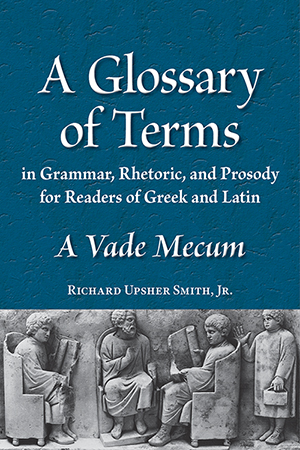
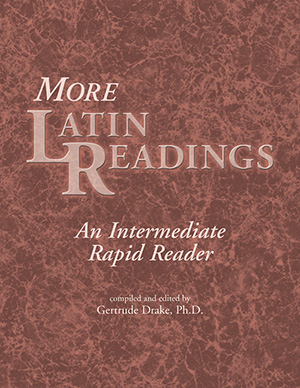
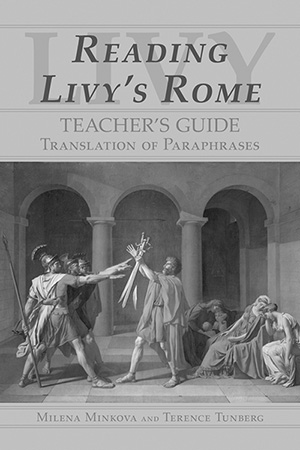
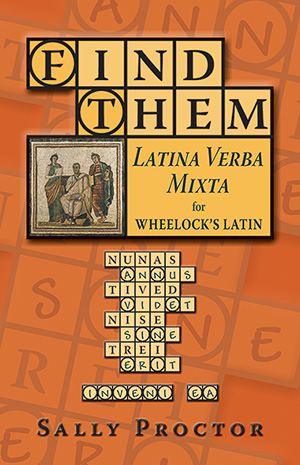
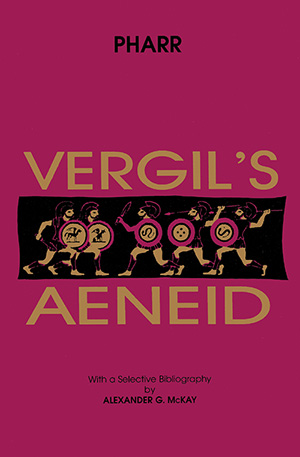
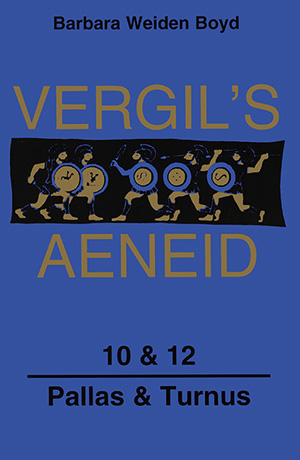



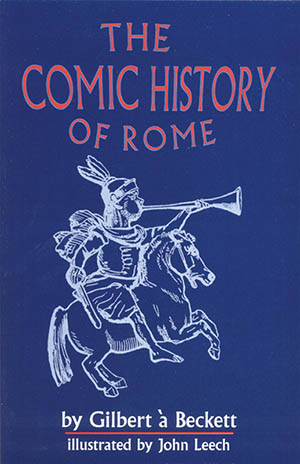
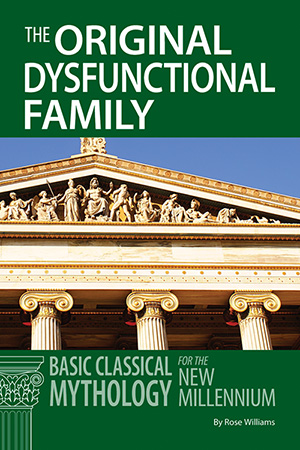

Easy to Read and Funny Retelling
My students enjoyed this text as a review of the characters and plot of the Aeneid. They did say that sometimes the tongue-in-cheek tone make it a bit difficult to keep up with plot, but otherwise, it was a very easy read.